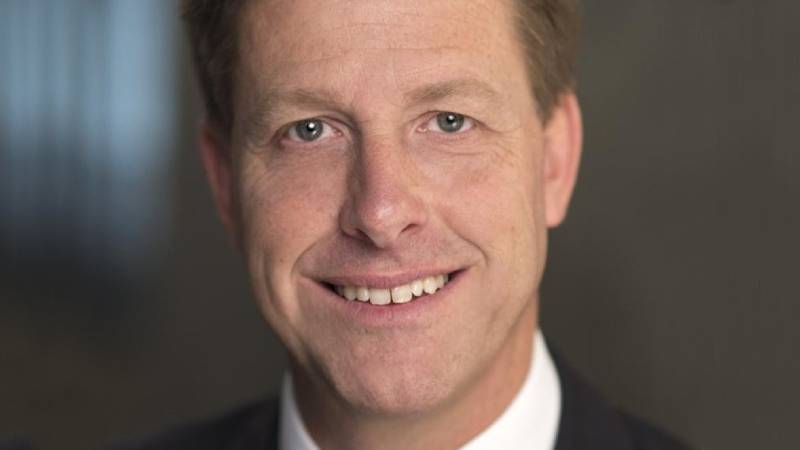‘Few signs’ of global recession in near term
While there may be a recession in the next few years, it’s unlikely to occur in the near term with tightening labour markets supporting wage rises and investment in productivity, according an investment manager.
AssureInvest director Andrew Doherty said asset prices have become increasingly volatile in recent months as the global economy moves through the final stages of an extended recovery period from the global financial crisis.
However, while Mr Doherty said he expects there will be a recession in the next few years, there are “few signs that it will occur in the near term”.
“We have not yet seen the excesses of previous cycles such as technology bubbles, reckless lending or corporate over-investment that led to eventual collapses,” Mr Doherty explained.
He noted that global growth has slowed due to fading US tax cut stimulus and efforts to rebalance China’s economy.
“Ageing advanced economy workforces, corporate preference for buying back stock rather than investing, and increasing debt levels are other key factors slowing the trajectory. Trade tensions have seen production decline in trade-exposed industries,” he explained.
“However, it is not all doom and gloom. Employment growth is supporting consumption and services. Tightening labour markets should support wage rises and investment in productivity which, together with renewed monetary accommodation, will extend the expansion period.”
Mr Doherty said while finding value across equities, fixed interest and property is becoming more difficult, he expects that equities will still continue to produce mild positive returns in the medium term.
“We maintain neutral allocations to equities overall, but prospective returns range widely both across regions and within market segments. We are underweight US equities, which again is becoming stretched,” he said.
“Japan is one international area that is underappreciated. We are overweight due to significantly discounted valuations, better shareholder returns through improving governance, and efforts to overcome the structural challenges of high debt levels and ageing workers.”

Miranda Brownlee
Miranda Brownlee is the deputy editor of SMSF Adviser, which is the leading source of news, strategy and educational content for professionals working in the SMSF sector.
Since joining the team in 2014, Miranda has been responsible for breaking some of the biggest superannuation stories in Australia, and has reported extensively on technical strategy and legislative updates.
Miranda also has broad business and financial services reporting experience, having written for titles including Investor Daily, ifa and Accountants Daily.








